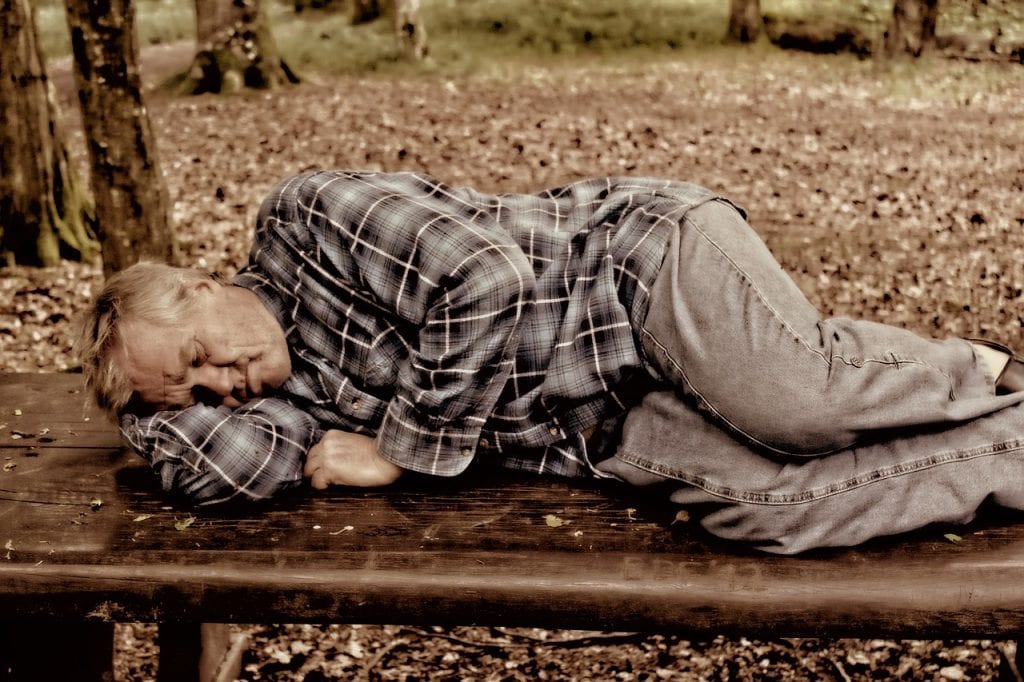Sleep Debt: You Can’t Shake it Off

What is new, however, is that scientists are beginning to find proof that sleep deprivation has a tangible and measurable effect on the metabolism.
In a recent edition of the journal, Proceedings of the National Academy of Sciences, the three scientists Weelje, Saghal, and Meerlo discovered chemicals in the blood that indicate a link between chronic sleep restriction and oxidative stress. In the experiment, both human test subjects and mice were subjected to a scenario where their sleep was limited to only four hours a night. After the five days, blood samples were drawn from both groups, and both groups exhibited abnormally high presence of chemicals that indicated oxidative stress in the body.
“Oxidative stress” occurs when a body fails to neutralize one of the dangerous by products of ordinary metabolism: oxygen free-radicals. In healthy people, free-radicals are well-neutralized by the body, but when a person’s ability to neutralize these by-products is limited for a long period of time, dangerous side-effects are thought to occur. Though not concretely proven, long-term oxidative stress is associated with neurodegenerative diseases like Lou Gehrig’s disease, Alzheimer’s, and clinical depression. If those symptoms sound familiar to you, it might be because those also happen to be common consequences of untreated sleep apnea.
The good news for the test subjects in this experiment is that after a night of full sleep, most of the metabolic chemicals in their blood had returned to normal. The bad news? Not all of them did. What this means is that your ability to recover from an unhealthy sleep schedule during the week isn’t necessarily cured by letting yourself sleep in on Saturday. You might feel like you have the willpower to maintain this lifestyle, but this new evidence suggests that you’re opening the door to health and mood complications further down the line.
Plenty of research is being done to develop ways to help us get along with less sleep, but until then the best thing you can do for your health is to just invest in your rest!
Methodist Continuing Care
Sleep Lab
701 S. Fry Rd.
Suite 225
Katy Texas 77450
© 2023 The Respire Institute – Pulmonary and Sleep Disorders. All Rights Reserved The Respire Institute – Pulmonary & Sleep Medicine
West Houston & Katy Area
Advanced Respiratory Care Center
Primary Clinic and Pulmonary Rehabilitation Center
Methodist West Professional Building 2
18300 Katy Fwy Suite 615
Houston, Texas 77094
West Houston & Katy Area
Advanced Respiratory Care Center
Primary Clinic and Pulmonary Rehabilitation Center
Methodist West Professional Building 2
18300 Katy Fwy Suite 615
Houston, Texas 77094
Memorial West
Sleep Lab
10 Medical Plaza
10837 Katy Freeway,
Suite 250
Houston, TX 77079
contact information
Contact Us
Careers
Marketing & Partnerships
Patient Resources
Join a Research Study
New Patient Packet
Patient Portal
Provider Resources
Sleep Study Referral Form
Meet our Doctors
Referral Form
